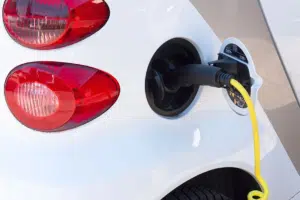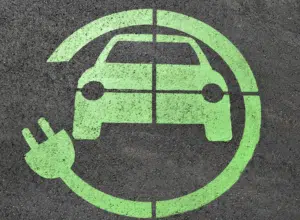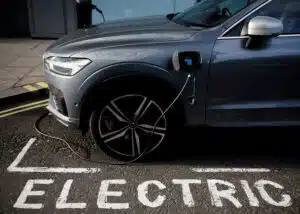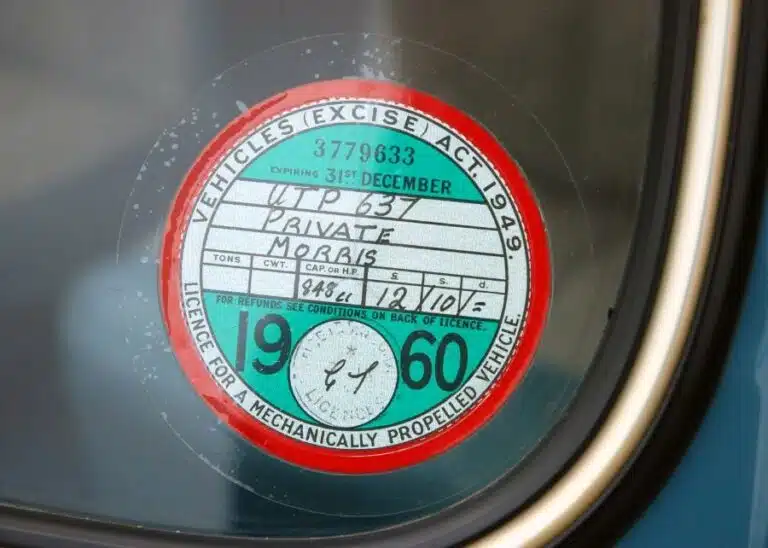However, according to Electric Car Guide, based on the current estimates, electric car components are expected to last between 10 and 20 years, depending on various factors such as battery degradation, maintenance, and usage.
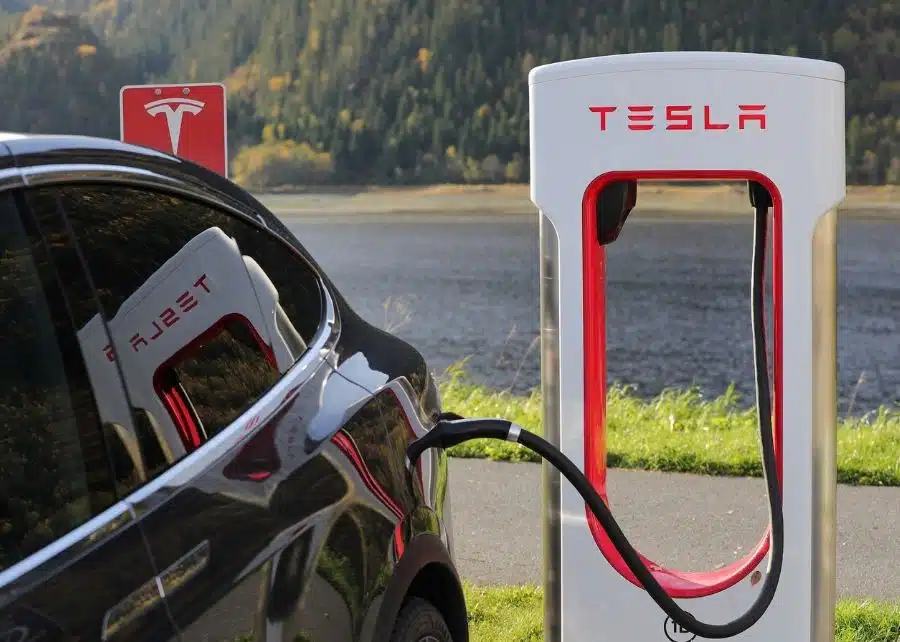
What is an electric vehicle’s battery life expectancy?
The life expectancy of an electric car battery depends on various factors, such as charging habits, driving style, temperature, and maintenance.
However, based on the current estimates, most electric car batteries are expected to last between 10 and 20 years, or 100,000 to 200,000 miles, according to the RAC. Some car makers also offer extended warranties for their electric car batteries, which can cover up to eight years or 60,000 miles, says What Car?.
How do electric vehicle batteries work?
Electric vehicle (EV) batteries are rechargeable batteries that store and release electrical energy to power the electric motors of a vehicle. They are usually made of lithium-ion cells, which have a high energy density and can be recharged quickly.
Electric vehicle batteries are typically placed under the floor of the vehicle, where they are protected and cooled by a battery management system. The battery capacity, measured in kilowatt-hours (kWh), determines how far the vehicle can travel on a single charge.
The battery life, measured in cycles, depends on how the battery is used and maintained. According to Halfords, most electric vehicle batteries have a warranty of five to eight years, or a certain number of miles, whichever comes first.

How long does an electric car battery last?
One of the most important components of an electric car is the battery, which determines the range and performance of the vehicle. The lifespan of an electric car battery depends on various factors, such as the type of battery, the usage pattern, the charging frequency, the driving style, and the environmental conditions.
Modern electric car batteries are designed to last between 15 and 20 years under normal driving conditions. However, some factors can affect the battery life, according to the RAC, such as:
- Charging habits: Fully charging or depleting the battery can degrade it faster. It is better to keep the charge level between 20% and 80%.
- Rapid charging: Using DC rapid chargers frequently can also reduce the battery life. It is better to use slower charging methods, such as home charging points or domestic sockets.
- Driving style: Aggressive acceleration and hard use can wear out the battery faster. It is better to drive smoothly and steadily.
- Temperature: Extreme hot or cold temperatures can affect the battery performance and range. It is better to avoid exposing the car to extreme weather conditions.
There are also some ways to preserve the electric car’s battery, says Electric Car Guide, such as:
- Using the car’s battery management system, which monitors and regulates the battery’s temperature, voltage, and current.
- Following the manufacturer’s recommendations for regular maintenance and servicing.
- Recycling the battery when it reaches the end of its life cycle, which can reduce the environmental impact and save costs.
Electric car batteries are also expected to improve in the future, with new technologies such as solid-state batteries, which promise to offer longer lifespan, double the range, and better safety than current lithium-ion batteries.
Will my electric vehicle last as long as a traditional car?
There is no definitive answer to this question, as the lifespan of any vehicle depends on various factors, such as the type, usage, maintenance, and environment of the vehicle. However, some studies have suggested that electric vehicles may have a longer lifespan than conventional internal combustion engine (ICE) vehicles, due to their simpler and more durable design, lower maintenance costs, and higher efficiency, says Energy Sage.
According to a report by Ricardo, a consultancy firm, EVs have lower overall emissions than ICE vehicles over their entire life cycle in the EU, which implies that they are more sustainable and less likely to be scrapped prematurely.
Another study by the International Council on Clean Transportation (ICCT) found that EV batteries can last up to 300,000 miles or more, with minimal degradation, which is comparable to or better than the average ICE vehicle.
Of course, these results may vary depending on the specific model, brand, and technology of the EV or ICE vehicle, as well as the driving habits and preferences of the owner. Therefore, it is advisable to do your own research and compare different options before making a purchase decision.

Manufacturer battery warranties
Battery warranties are an important aspect of electric vehicle ownership, as they provide peace of mind and protection against potential issues with the battery performance or capacity.
Different manufacturers offer different battery warranties, which vary in terms of duration, mileage, coverage, and exclusions. Therefore, it is advisable to compare the battery warranties of different electric vehicles before making a purchase decision.
According to Electric Car Guide, some of the leading EV brands in the UK and their battery warranties are as follows:
- Fisker and Lexus: 10 years or 100,000 miles
- Hyundai: 5 years or unlimited miles, plus 8 years or 125,000 miles for the battery
- Tesla: 8 years or 100,000 miles
- MG: 7 years or 80,000 miles
- Nissan: 5 years or 60,000 miles
These battery warranties typically cover the repair or replacement of the battery if it fails or degrades beyond a certain threshold, usually around 70% of its original capacity. However, some warranties may have additional terms and conditions, such as capacity retention guarantees, transferability, or limitations on the use of rapid chargers.Therefore, it is recommended to read the warranty details carefully and check with the manufacturer or dealer for any clarifications.




















